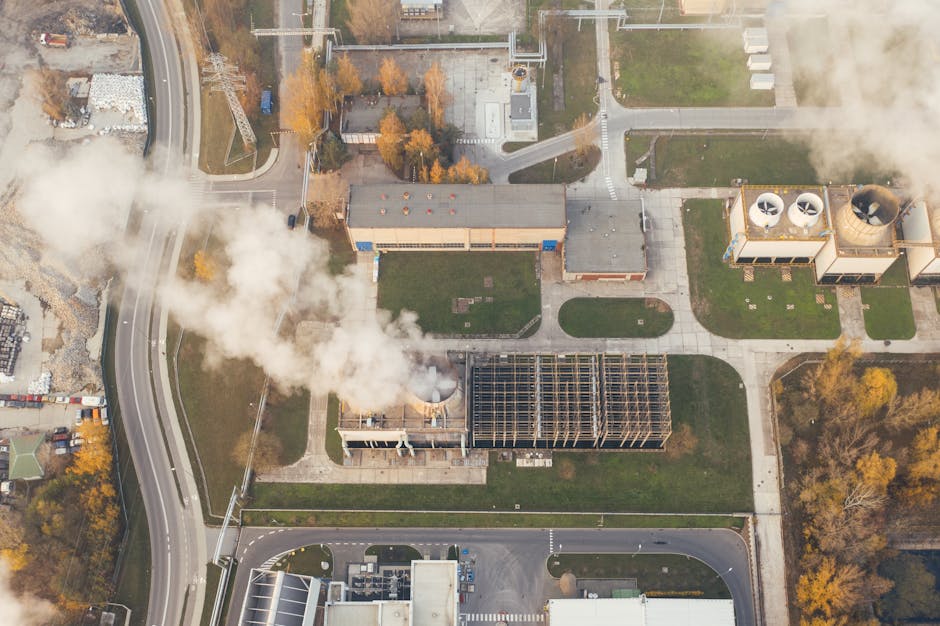Climate Change News: A Global Emergency
The escalating climate crisis demands immediate attention. From melting glaciers to extreme weather events, the consequences of climate change are becoming increasingly evident and impactful. This article delves into the latest climate change news, exploring the scientific evidence, the devastating impacts, and the crucial steps we must take to mitigate further damage and build a sustainable future.
The Scientific Consensus: Irrefutable Evidence
The scientific consensus on climate change is overwhelming. Decades of research, conducted by countless scientists globally, consistently demonstrate a clear link between human activities, primarily the burning of fossil fuels, and the warming of the planet. The Intergovernmental Panel on Climate Change (IPCC), the leading international body for assessing the science related to climate change, has repeatedly concluded that climate change is unequivocal and primarily caused by human influence.
This evidence manifests in various ways, including:
- Rising Global Temperatures: Global average temperatures have risen significantly over the past century, with the most recent decade being the warmest on record.
- Melting Ice Caps and Glaciers: The Arctic and Antarctic ice sheets are melting at an alarming rate, contributing to rising sea levels.
- Sea Level Rise: Global sea levels are rising, threatening coastal communities and ecosystems.
- Extreme Weather Events: The frequency and intensity of extreme weather events, such as hurricanes, droughts, heatwaves, and floods, are increasing.
- Ocean Acidification: The absorption of excess carbon dioxide by the oceans is causing ocean acidification, harming marine life.
These changes are not isolated incidents; they are interconnected and part of a larger, complex system impacted by human activities. The scientific evidence leaves little room for doubt about the reality and urgency of the climate crisis.
The Devastating Impacts: A World in Peril
The consequences of climate change are already being felt worldwide, causing significant damage and disruption. These impacts are disproportionately affecting vulnerable populations, exacerbating existing inequalities.
Environmental Impacts:
The environmental impacts of climate change are widespread and profound. Loss of biodiversity, deforestation, desertification, and disruptions to ecosystems are just a few of the devastating consequences. Coral bleaching, driven by rising ocean temperatures, is threatening the survival of coral reefs, vital marine ecosystems supporting countless species.
Economic Impacts:
The economic costs of climate change are substantial and will continue to rise. Damage from extreme weather events, reduced agricultural yields, and disruptions to infrastructure are putting immense strain on global economies. Climate change also poses significant risks to financial markets, as investors grapple with the implications of a changing climate.
Social Impacts:
Climate change is having profound social impacts, forcing people to migrate due to sea-level rise, extreme weather, or resource scarcity. These climate migrants often face displacement, poverty, and conflict. Climate change also exacerbates existing social inequalities, impacting vulnerable populations disproportionately.
Health Impacts:
The health consequences of climate change are far-reaching. Heatwaves cause heatstroke and other heat-related illnesses, while air pollution exacerbates respiratory problems. The spread of infectious diseases is also impacted by changing climate patterns.
The Urgent Need for Action: Mitigation and Adaptation
Addressing the climate crisis requires a multifaceted approach that involves both mitigation and adaptation strategies. Mitigation focuses on reducing greenhouse gas emissions, while adaptation involves adjusting to the impacts of climate change that are already occurring.
Mitigation Strategies:
- Transitioning to Renewable Energy: Investing heavily in renewable energy sources, such as solar, wind, and geothermal power, is crucial to reducing our reliance on fossil fuels.
- Improving Energy Efficiency: Improving energy efficiency in buildings, transportation, and industry can significantly reduce energy consumption and greenhouse gas emissions.
- Sustainable Transportation: Promoting public transportation, cycling, and walking, as well as the development of electric vehicles, can reduce emissions from the transportation sector.
- Sustainable Land Use: Protecting and restoring forests, promoting sustainable agriculture, and reducing deforestation are essential for carbon sequestration.
- Carbon Capture and Storage: Developing and deploying technologies for carbon capture and storage can help remove carbon dioxide from the atmosphere.
Adaptation Strategies:
- Developing Climate-Resilient Infrastructure: Building infrastructure that can withstand extreme weather events is crucial for protecting communities and assets.
- Improving Water Management: Implementing water conservation measures and developing drought-resistant crops are essential for addressing water scarcity.
- Protecting Coastal Communities: Investing in coastal defenses and implementing relocation strategies can protect vulnerable coastal communities from sea-level rise.
- Developing Early Warning Systems: Implementing early warning systems for extreme weather events can help communities prepare and respond effectively.
- Promoting Climate Education and Awareness: Educating the public about climate change and its impacts is critical for driving individual and collective action.
The Role of International Cooperation: A Global Effort
Tackling climate change requires international cooperation on an unprecedented scale. Countries must work together to reduce emissions, share technologies, and provide financial support to developing nations.
The Paris Agreement, a landmark international accord, aims to limit global warming to well below 2 degrees Celsius above pre-industrial levels. However, current commitments under the Paris Agreement are not sufficient to meet this target, highlighting the need for more ambitious action.
Conclusion: A Call to Action
The latest climate change news paints a stark picture: the climate crisis is real, urgent, and demands immediate action. The scientific evidence is undeniable, the impacts are devastating, and the need for collective action is paramount. By embracing mitigation and adaptation strategies, fostering international cooperation, and prioritizing sustainable practices, we can mitigate the worst impacts of climate change and build a more resilient and sustainable future for all.
The time for complacency is over. We must act now to protect our planet and secure a sustainable future for generations to come. This requires a fundamental shift in our mindset, our policies, and our actions. The future of our planet depends on it.

